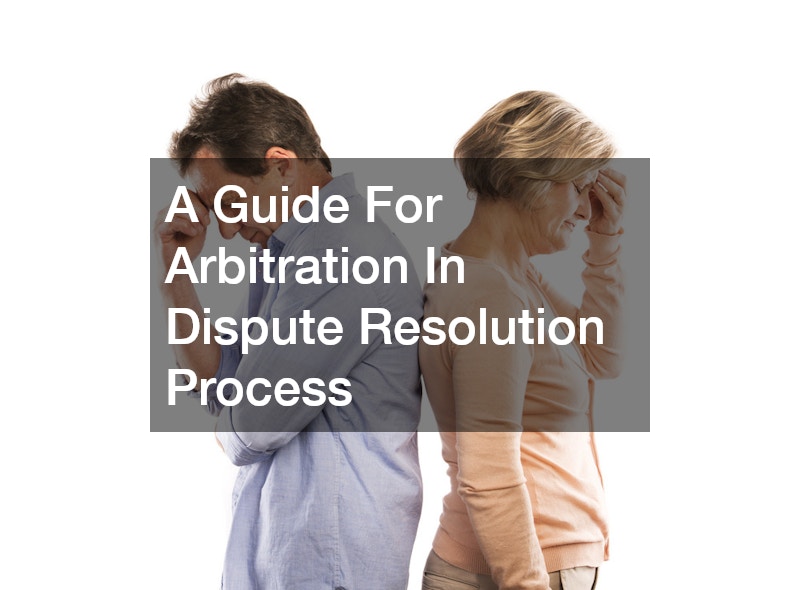

Going to trial can be a daunting experience, especially if you do not have a reliable or experienced lawyer on board. You risk losing the case, whether it is contractual disputes, commercial employment litigation, or patent disputes. An experienced lawyer is not susceptible to attorney malpractice nor charges huge attorney fees. The legal professional will work hard in fighting for your rights and ensuring you get the right legal representation. But getting such a lawyer is not that easy. You have to conduct in-depth research by capitalizing on reviews and recommendations, and comparing the options at your disposal. You need someone with great legal expertise and a great reputation when dealing with court cases. That will give you value for your money.
Going to court can also be time-consuming, so most people now resort to resolving their conflicts or disputes through alternative dispute resolution methods. The methods include arbitration, mediation, negotiation, neutral evaluation, and facilitation. If you choose to resolve your dispute through arbitration, there are several things you must consider.
An Experienced Arbitrator Is A Must
Arbitration involves conflicting parties submitting their dispute to an arbitrator who will make a binding determination. Therefore, you will not need to hire an attorney or go to trial. But you need an experienced arbitrator for this dispute resolution exercise. How do you go about with the selection? You must take seriously the experience, and track record of the arbitrator. That is an indicator that you will be dealing with someone who has a good reputation considering their handling of previous cases. You can also seek insight from people with a history of working with arbitrators so that you can get viable options.
Both parties in a dispute have the chance to select the arbitrator. So, it should be someone who will not be biased when resolving the case. The arbitrator should also have great communication skills, to prevent the conflict from escalating. That is a feat only available to experienced arbitrators.
Less Formal Way Of Solving A Dispute
Arbitration does not require you to go to court. You can resolve your dispute privately under the guidance of an arbitrator. The arbitrator will not be bound by any court proceedings. No longer time-consuming court battles. Instead, both parties share their side of their story, and a fair determination is made. Therefore, arbitration will take less time for people to resolve a dispute. Those in conflict can arrive at a binding resolution very quickly and then move on with their daily activities.
Finality To A Dispute
The wheels of justice turn slow. It can take long court proceedings to provide a judgment, and besides, there is an opportunity of going to the appellate court. Such occurrences can hinder solving a dispute once and for all. But with arbitration, there is a sense of finality to a case. The arbitrator ensures that the dispute reaches its conclusion faster. There is no opportunity for appealing. Both parties get time to present their case and the arbitrator will provide insight and oversight to end the dispute without any conflict escalation.
The Power Of Confidentiality
Going to court to resolve a case can attract the attention of many people, unlike if you decide to solve your dispute through arbitration. The arbitrator will require you to solve your issue privately and out of court. That can keep the details and determination of the case confidential. Outsiders cannot sabotage the dispute resolution process. So, you will not have people washing your dirty linen in public. There is also some kind of respect that grows between the parties in conflict.
Conclusion
Alternative dispute resolution methods continue to become a popular strategy for resolving disputes without going to court. Parties can use negotiation, arbitration or mediation to settle their differences. So, there is no wasting time going to court, all you need is an experienced mediator or arbitrator to oversee you reach a binding decision that does not suffer any kind of bias. The decision brings some sense of finality to the dispute since there is no need to go to the appellate court. Besides, everyone has a chance to present their grievances for assessment before the determination of the case in a way that does not discriminate against anyone involved.







